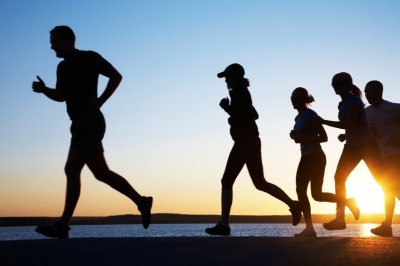Sports drinks boost endurance among young team players
Writing in the European Journal of Applied Physiology, scientists at the University of Edinburgh sought to assess how effective sports drinks are for young people. Because they are become more popular among younger people, the researchers wanted to find out whether sports drinks really offer any benefits for the age group in a team game context.
To test the drinks, they set up a randomised double-blind study in which 15 adolescents aged 12 to 14 years old completed exercises designed to simulate the demands of games like football, rugby and hockey, which are all characterised by a lot of intense, stop-start activity.
Better endurance
The results of the study suggest that isotonic sports drinks can improve the athletic performance of younger people. In particular, the adolescents drinking the sports drinks in the study continued high intensity, stop-start activity for up to 24 per cent longer than players who drank a non-carbohydrate placebo solution.
There is therefore evidence of improved endurance capacity but the study did not find that the speed of running was affected. The scientists behind the study hailed it as the first to show that sports drinks help improve the endurance of young people competing in team games. They added that it is also the first to show that sports drinks do not significantly alter sprint performance during prolonged intermittent work among this group.
The sports drink used in the study was a 6 per cent carbohydrate-electrolyte solution containing carbohydrate, sodium, potassium, magnesium and calcium.
Source: European Journal of Applied Physiology
DOI 10.1007/s00421-010-1404-z
Ingesting a 6 per cent carbohydrate-electrolyte solution improves endurance capacity, but not sprint performance, during intermittent, high-intensity shuttle running in adolescent team games players 12-14 years
Authors: S. M. Philips, A. P. Turner, S. Gray, M.F. Sanderson, J. Sproule













